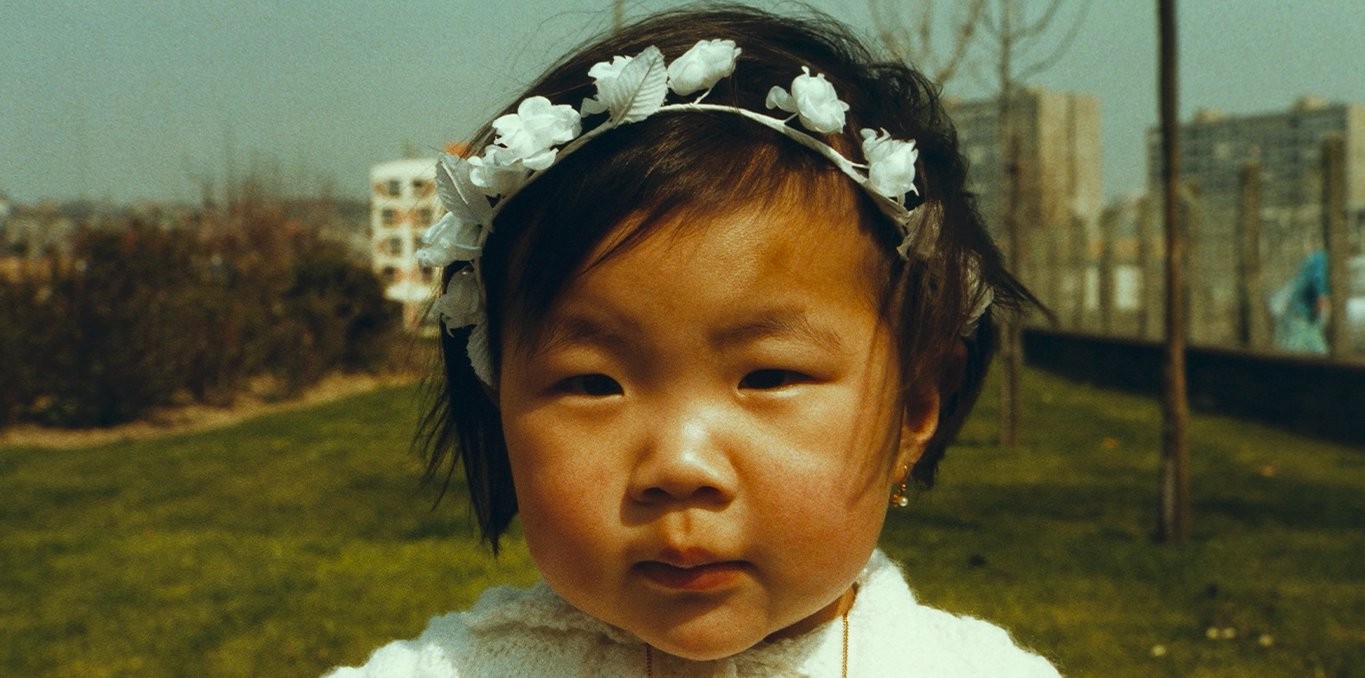A Story of One's Own

Their names are Anne-Charlotte, Joohee, Céline, Niyongira and Mathieu. They are 25- to 52-year-old, hailing from Brazil, Sri Lanka, Rwanda, South Korea, or Australia. These five individuals have something in common: they are adopted. Separated from their family and country from childhood, they grew up in French families. Their life stories and home movies tell an intimate, political story about international adoption.
| Director | Amandine Gay |
| Actor | Naomie Décarie-Daigneault |
| Share on |
There are few archives that carry the memory of our birth. They slip into the folds of a passport, into administrative documents, into photographs where we appear, tiny, in the arms of our adoptive parents.
In her documentary, author, researcher, artist, and filmmaker Amandine Gay traces a fine line between present-day questions that haunt us and the deep-rooted echoes of the past. Who might we have been? What imprint does adoption leave?
The film does not claim to provide answers, but rather to allow other questions to emerge—questions that adopted people may have, without ever calling into question their legitimacy.
Amandine Gay places archives at the heart of her approach—between those that exist and those that will never take shape. Their absence speaks for itself: wounds, grief… Yet from this emptiness, we dream: we imagine the features of our mothers and fathers, we invent roots and ancestors. We are starved for whatever might make us legible in the eyes of the Other, and recognizable to ourselves.
In making this documentary, Gay underscores the importance of the adoptee experience and the power of being able to tell one’s story. If the film speaks in the first person, it is to better reveal that adoption goes beyond the personal: it is political. It questions children’s rights, challenges the foundations of reproductive justice, and calls on us to rethink what we believe to be unchangeable.
Marilie Ross
Sociologist

-

Français
1h40
Language: Français
Subtitles: Français -

English
1h40
Language: English
Subtitles: English
- Année 2022
- Pays France
- Durée 100
- Producteur CG Cinéma
- Langue French, English
- Sous-titres English
- Résumé court The life stories of five adopted people reveal a personal and political look at international adoption.
- Date édito CA 2025-07-25
There are few archives that carry the memory of our birth. They slip into the folds of a passport, into administrative documents, into photographs where we appear, tiny, in the arms of our adoptive parents.
In her documentary, author, researcher, artist, and filmmaker Amandine Gay traces a fine line between present-day questions that haunt us and the deep-rooted echoes of the past. Who might we have been? What imprint does adoption leave?
The film does not claim to provide answers, but rather to allow other questions to emerge—questions that adopted people may have, without ever calling into question their legitimacy.
Amandine Gay places archives at the heart of her approach—between those that exist and those that will never take shape. Their absence speaks for itself: wounds, grief… Yet from this emptiness, we dream: we imagine the features of our mothers and fathers, we invent roots and ancestors. We are starved for whatever might make us legible in the eyes of the Other, and recognizable to ourselves.
In making this documentary, Gay underscores the importance of the adoptee experience and the power of being able to tell one’s story. If the film speaks in the first person, it is to better reveal that adoption goes beyond the personal: it is political. It questions children’s rights, challenges the foundations of reproductive justice, and calls on us to rethink what we believe to be unchangeable.
Marilie Ross
Sociologist
-

Français
Duration: 1h40Language: Français
Subtitles: Français1h40 -

English
Duration: 1h40Language: English
Subtitles: English1h40
- Année 2022
- Pays France
- Durée 100
- Producteur CG Cinéma
- Langue French, English
- Sous-titres English
- Résumé court The life stories of five adopted people reveal a personal and political look at international adoption.
- Date édito CA 2025-07-25
